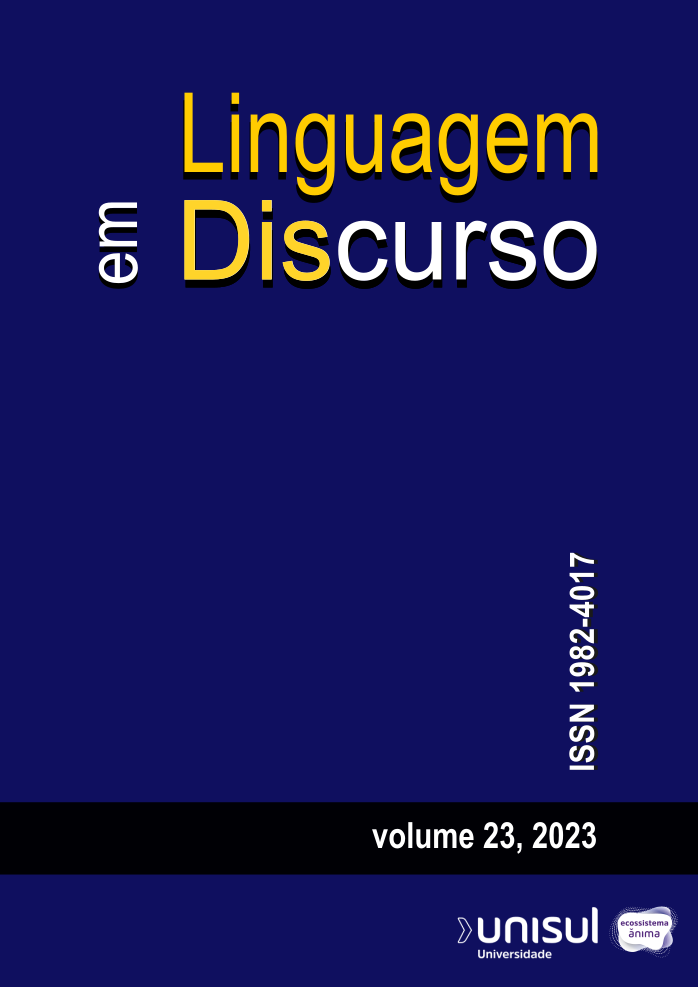FICTIVE INTERACTION IN DIRECT SPEECH
HOW AND WHY RELIGIOUS LEADERS PERSUADE CROWDS
Keywords:
Cognition, Interaction, Fictivity, Fictive Direct Speech, ArgumentationAbstract
This article investigates why adherents of certain religions are sometimes overcome by a mystical sensation that priests, pastors and spiritual leaders are preaching directly and particularly to their “hearts and minds” during masses, services and lectures? It is argued that the use of Fictive Interaction (IF), specifically in Fictive Direct Speech (FDS), plays a crucial role in trying to provoke this sensation. IF is understood as the phenomenon of using the Conversation Frame to structure thought, grammar and discourse (Pascual, 2014). From a qualitative-interpretative methodology and aggregating cognitive and interactional aspects, this work results in the finding that Fictive Interaction, as an argumentative strategy, deitically enables access to a generic conceptual space, ready to be filled and instantiated by the audience. It also demonstrates how FDS provides for projections of the believers in themselves and the consequent sense that the speaker guesses what they think/feel.


